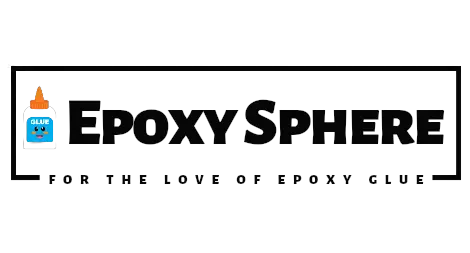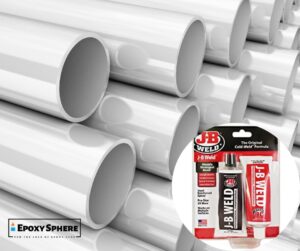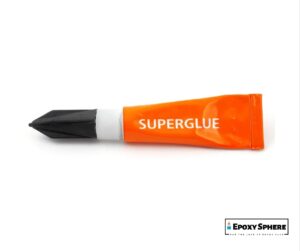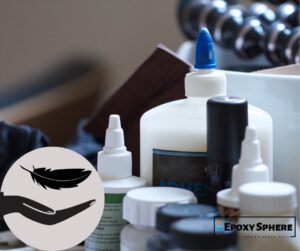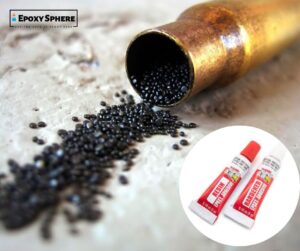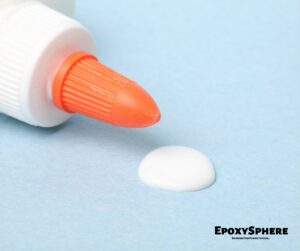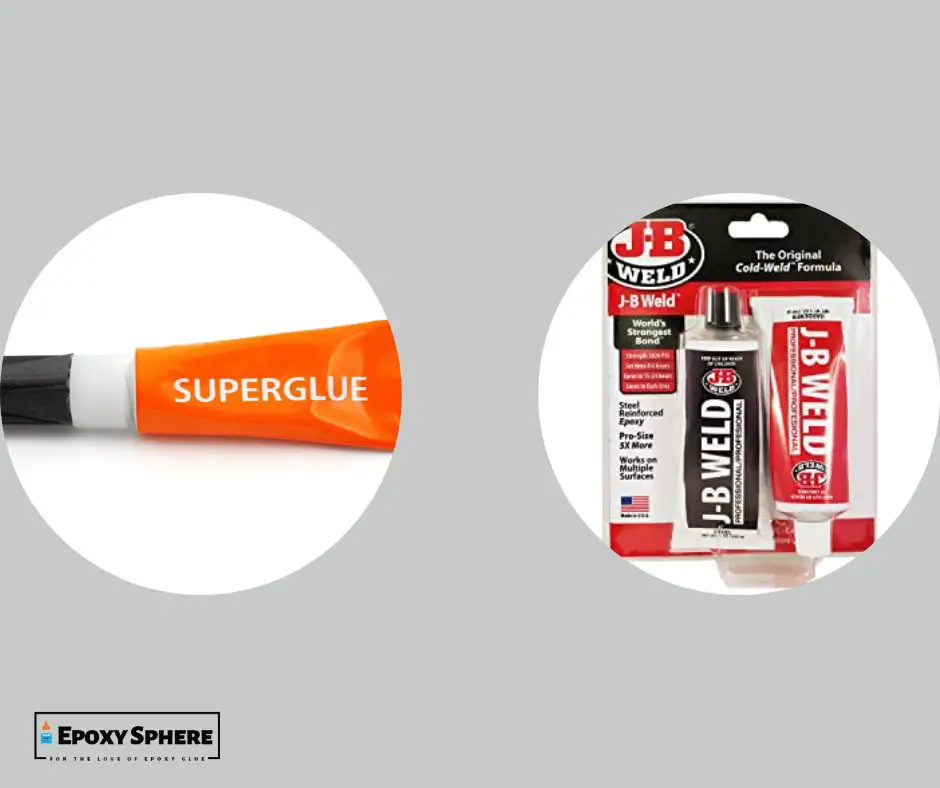
Is JB Weld Stronger Than Super Glue? Yes, it is. JB Weld is an epoxy while super glue is—glue. Epoxies strengthen bonds more than superglue. But what is the difference between the two adhesives? What makes JB Weld stronger than superglue? What’s it about epoxies that make them better and stronger bonds than super glue? Read this article to find the answers to these questions and more.
What’s The Difference Between Epoxy And Super Glue?
Epoxy and superglue have very different compositions and usage, even though they’re both adhesives. They are names we call different brands of adhesives, too.
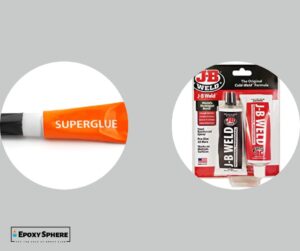
Sometimes people mistake one for the other because they both share a few similarities in an application. However, you usually get the best results when you use each one for what it’s recommended for.
Epoxy
They usually make epoxies from two parts. To use it effectively, you must combine these two parts together. This is the case with JB Weld. The two parts are the resin and the hardener.
You expected to use the epoxy after you’ve mixed the resin and hardener within a particular period. Failure to make use of the time bracket results in a hardened epoxy, which becomes useless.
Super Glue
This is made from a cyanoacrylate. It is a single-component adhesive. Unlike epoxy, you don’t have to add a second component as the single one hardens upon exposure to moisture.
The difference, therefore, can be seen in the components and exposure time before each one hardens. While epoxies like JB Weld come in two components, super glue comes in one.
And super glue hardens extremely faster, compared to epoxies.
Strengths
We can feel another difference in the bond’s strength the two adhesives create.
Super Glue has a lower shear strength than JB Weld. By shear strength, we mean the capacity of bonded parts to resist shear.
To illustrate shear strength: cutting a piece of paper with scissors is shearing the paper in two. Think of how easy it is to do this.
What makes epoxy have a stronger shear strength? Because it can fill voids more by its nature. When you apply epoxy, it fills all holes and nooks, even the tiny ones, causing stronger bonds.
Super Glue cannot fill voids like this, except for those that have additives added to aid this process. After super glue has been applied to two parts and bonded, you can pull the two parts in opposite directions and achieve a successful shear.
Their Uses
Here’s where you notice another meaningful difference between the two adhesives. Epoxies are used in many other applications other than the bonding of materials. They are used in the industrial coating of materials like metal and composites; they are used to insulate electronic parts, and so on.
On the other hand, superglue is used in far fewer applications and also in less-known industrial coating. For example, apart from bonding usage, super glue is used in surgical procedures to close off incursions, such as a wood finish.
Also, during usage, you can clean the excess around the work area with acetone or white vinegar if it’s epoxy glue. Upon curing, it is difficult to remove the excess from the area of work. Trying to remove the adhesive can also result in damaging the material.
Superglue and epoxy share a similarity because we can remove them with acetone before it dries. The only difference is that super glue can also be removed with acetone when it is solid.
Both adhesives are to be used in a well-ventilated place.
Fun Fact:
Super Glue is combustible if it comes in contact with cotton or wool. It results in instant bonding if it comes in contact with the eyes or mouth.
Which Is Better Between Epoxy And Super Glue?
There’s no way to say one is better than the other. It depends on the material you want to work on. Each adhesive works well for different materials. For example, epoxy is best for bonding plastic materials. And even then, epoxy won’t bond to some hard plastics.
Whereas superglue bonds other types of materials like light plastics and most metals, it can also work for leather materials as well. With leather, however, super glue flakes after a long time and especially if the parts that were glued are moveable.
Superglue is, on average, preferred for home use. One reason is that it is more cost-effective than epoxy. Although there are some that are expensive, most of them come cheap. And there are many brands of superglue to choose from. They are also very easy to find on the shelves of shops.
Epoxies are more expensive than superglue. They are also not very cost-effective as it mostly requires a lot of bond materials at a time. Also, the complicated process of applying them is a put-off for most people. Many homeowners would only buy epoxy for large projects that require long periods of dedication.
Besides, most people do not really need the strength of epoxies for a long time. They have found themselves keeping a supply at home and not using it for a long time because home needs are usually small.
Epoxies find more industrial usage in large quantities. For example, small-scale printing presses use epoxies instead of superglues because they need a slow setting time as they work with paper. In this case, super glue would be a disastrous option for their work.
Generally speaking, you do not need the strength of epoxy at home if you don’t usually have big projects to work on, like putting up wallpapers. Sometimes in the same situation, you can choose either super glue or epoxy.
For example, if you have a crack in your furniture, you can do a quick fix with super glue, or you can fill that crack with epoxy and then have that spot painted on when the adhesive has cured.
As it’s been said already, epoxy can coat materials. Hence, depending on your preference and the size of the project, either of the two will work just fine.
Conclusion
You can count on epoxies and superglues for adhesive solutions. In this article, you’ve learned that there’s a difference between the two adhesives. You’ve also seen the difference in applications and also where there’s a convergence in their uses. We recommend you use super glue for home applications. They are safe and fast curing. They are easier and simpler to apply as well.

Hi, This is John Davis. After years of working in the construction industry, I decided to create a website that would provide people with information about glue and its exceptional uses. I hope You find it useful
